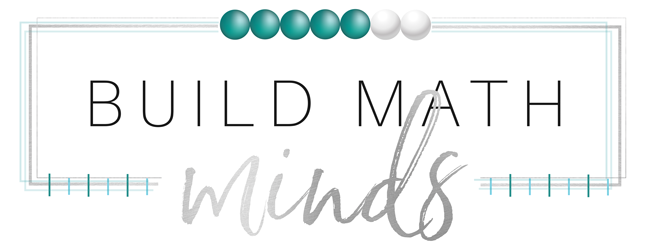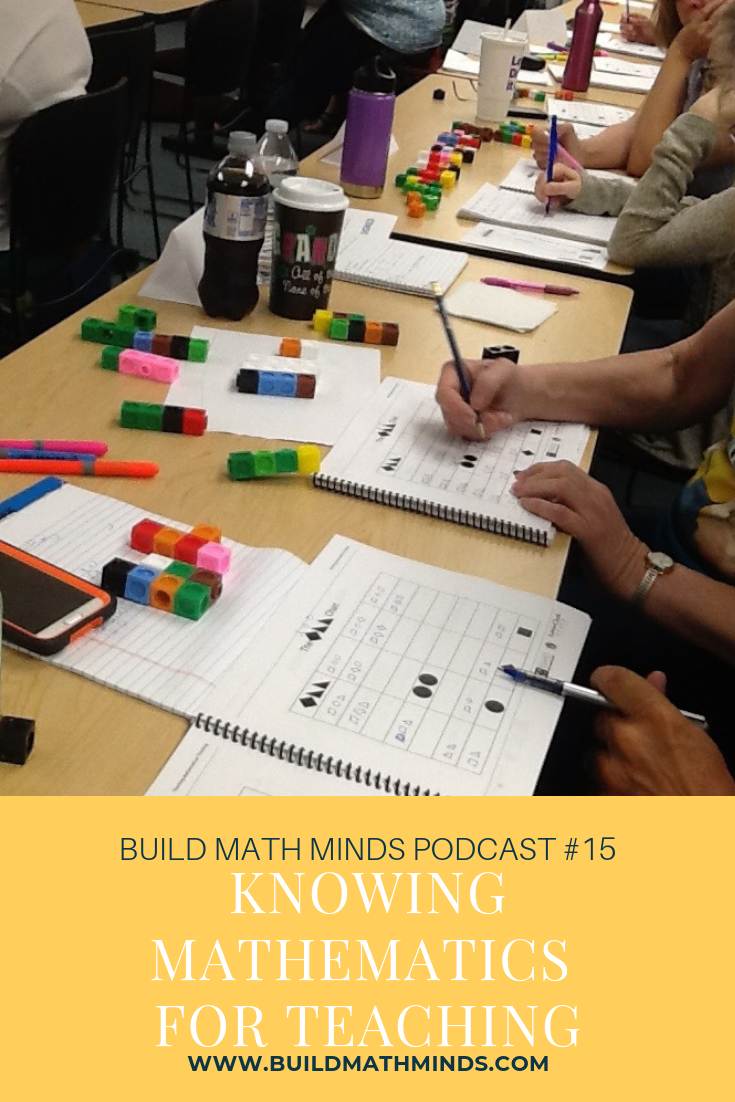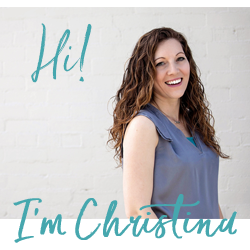Resources mentioned in this episode:
Knowing Mathematics for Teaching article by Ball, Hill, and Bass
2019 Virtual Math Summit Registration
Welcome fellow Recovering Traditionalists to Episode 15. Today we are discussing what it takes for Knowing Mathematics for Teaching
Knowing Mathematics for Teaching: Who Knows Mathematics Well Enough To Teach Third Grade, and How Can We Decide? By Deborah Loewenberg Ball, Heather C. Hill, and Hyman Bass is just one piece of literature by that group that sparked a movement of seeing the teaching of mathematics as more than just knowing the steps and procedures.
They state on page 22,
“Our two main questions were: Is there a body of mathematical knowledge for teaching that is specialized for the work that teachers do? And does it have a demonstrable effect on student achievement? To answer these questions, we need to build data sets that would allow us to test our hypotheses empirically.”
And that they did. The article summarizes what they did and their findings. Two pages later they explain:
“The results were clear: In the analysis of 700 first- and third-grade teachers (and almost 3,000 students), we found that teachers’ performance on our knowledge for teaching questions – including both common and specialized content knowledge – significantly predicted the size of student gain scores, even though we controlled for things such as student SES, student absence rate, teacher credentials, teacher experience, and average length of mathematics lessons. The students of teachers who answered more items correctly gained more over the course of a year of instruction….Our finding indicates that, while teachers’ mathematical knowledge would not by itself overcome the existing achievement gap, it would prevent that gap from growing. Thus, our research suggests that one important contribution we can make toward social justice is to ensure that every student has a teacher who comes to the classroom equipped with the mathematical knowledge needed for teaching.”
How often have you heard as a teacher that what we do is so easy and anyone can do it. But their research helped start the idea that teaching is so much more than just knowing the content. It’s about how to teach that content and that’s soooo much more difficult.
They state on page 21:
“…knowing mathematics for teaching demands a kind of depth and detail that goes well beyond what is needed to carry out the algorithm reliably. Further, it indicates that there are predictable and recurrent tasks that teachers face that are deeply entwined with mathematics and mathematical reasoning – figuring out where a student has gone wrong (error analysis), explaining the basis for an algorithm in words that children can understand and showing why it works (principled knowledge of algorithms and mathematical reasoning) and using mathematical representations. Important to note is that each of these common tasks of teaching involves mathematical reasoning as much as it does pedagogical thinking.”
It is difficult as an elementary teacher because we are teachers of every subject. We don’t get to focus on building our understanding of just one content area like high school teachers. But we really do need to build that understanding. The research of Ball, Hill, and Bass proves what a worthwhile use of time, money, and resources it is to build teachers’ knowledge for teaching mathematics.
Lucky for you, you’ve got the opportunity to do it for free. Every summer I host the Virtual Math Summit. It’s an online conference specifically for elementary teachers. This summer we have almost 40 presenters over 4 days and you can watch them all for free.
Go to buildmathminds.com/virtual-math-summit and I’ll have a link there for you to get registered.
Subscribe and Review in iTunes
Hey, are you subscribed to the Build Math Minds Podcast, yet? If you’re not, make sure to do that today because I don’t want you to miss any episodes! Click here to subscribe to the podcast in iTunes.
While you’re there, don’t forget to leave a review on iTunes too. I would love to know your thoughts and how we can make sure that we give you content that you will really enjoy.
To leave a review, head over to iTunes and click on “Ratings and Reviews” and “Write a Review.” I can’t wait to hear your thoughts about the podcast.




